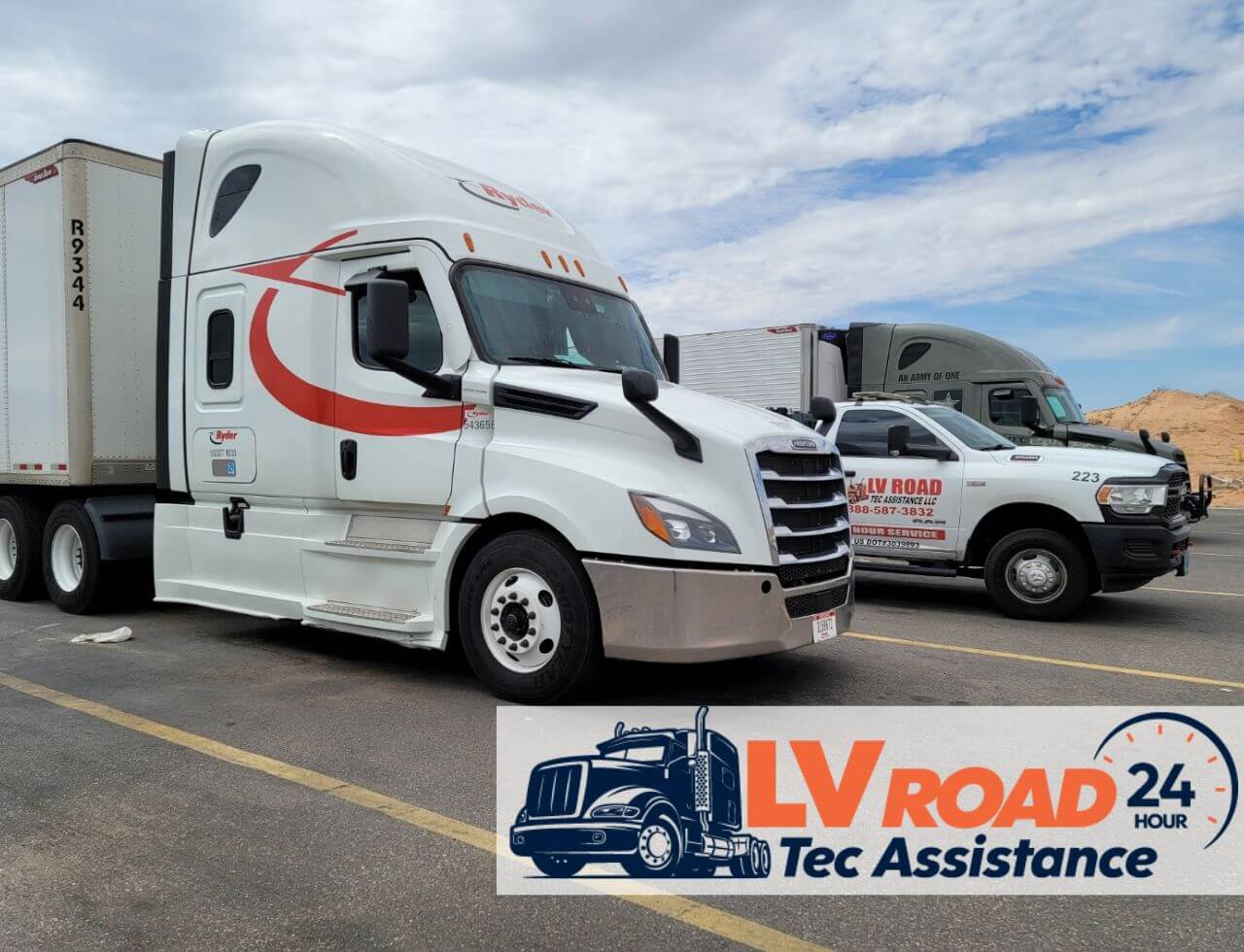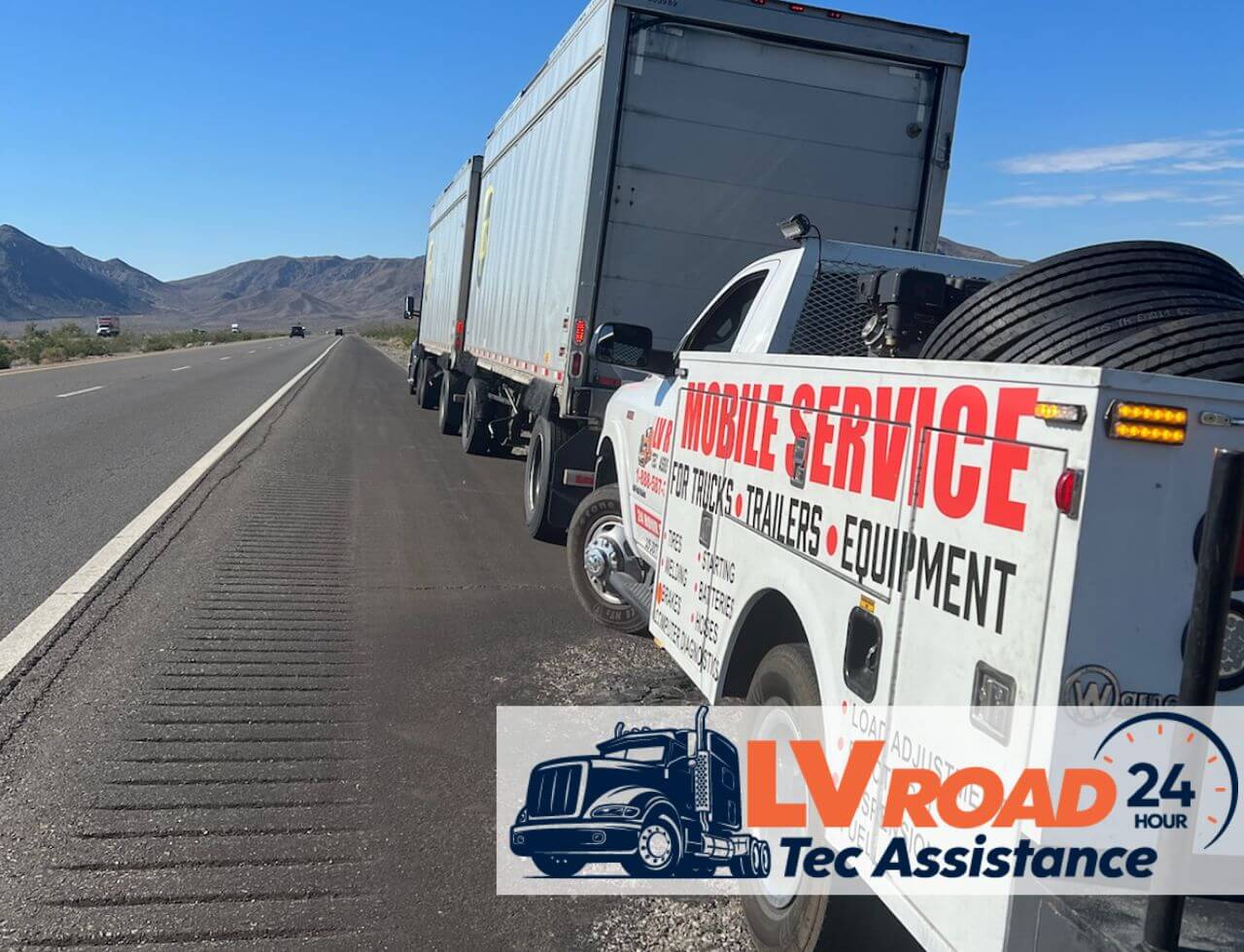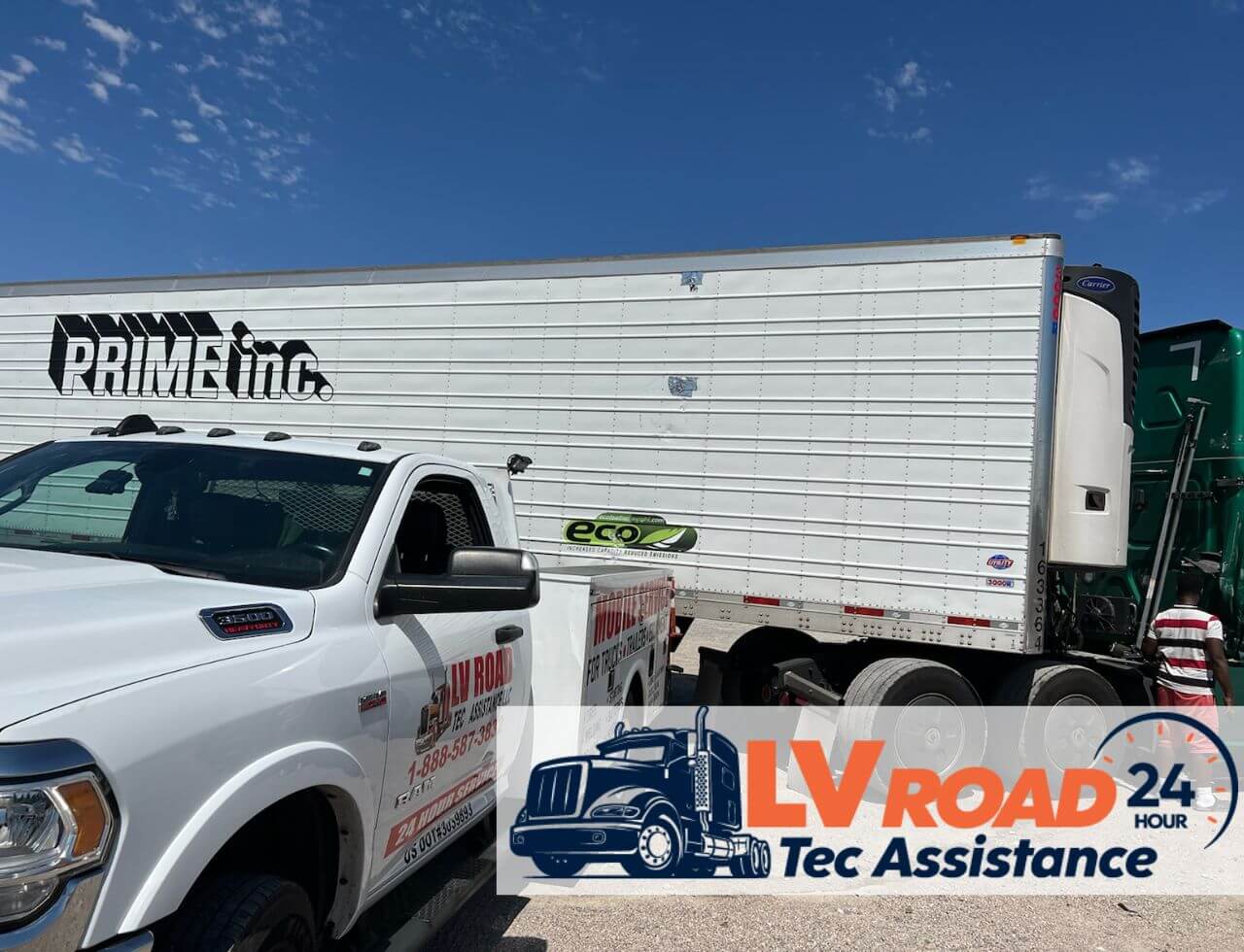
Trailer Maintenance Tips
Embarking on the journey of owning a trailer comes with the responsibility of understanding essential “Trailer Maintenance Tips.” These tips are pivotal in ensuring your trailer withstands the test of time and continues to perform optimally. Trailers, whether used for business logistics or leisurely travel, experience considerable wear and tear.
As such, they necessitate a dedicated maintenance routine to keep them in peak condition. By embracing effective trailer maintenance practices, owners can not only extend the life of their trailers but also enhance safety and efficiency, saving both time and resources in the long run. In this blog post, we will delve into a wealth of knowledge and insights on maintaining your trailer, providing a comprehensive guide to help you reap the maximum benefits from your vehicle.
Delving Deeper into Trailer Maintenance Tips
Trailer maintenance is more than just a periodic check; it’s about understanding the nuanced needs of your trailer and addressing them proactively. In the realm of “Trailer Maintenance Tips,” every trailer owner finds a sanctuary of knowledge to keep their vehicle robust and roadworthy. These tips go beyond mere recommendations; they are essential practices that ensure the longevity and safety of your trailer.
By following a detailed and systematic maintenance routine, you are paving the way for hassle-free journeys and safeguarding your investment. In the following sections, we will explore many trailer maintenance tips designed to address specific aspects of trailer care, providing a holistic approach to trailer upkeep.

Mastering the Art of Trailer Maintenance with Essential Tips
Trailers are versatile vehicles playing a crucial role in various industries. However, adhering to tried-and-true “Trailer Maintenance Tips” ensures their longevity and optimal performance.
Regular Inspection and Timely Repairs
Initiating regular inspections can uncover potential issues before they escalate. Check for any signs of wear, rust, or damage, particularly on the trailer’s frame, wheels, and axles, ensuring timely repairs and replacements.
Tire Maintenance
Tire pressure and condition are paramount. Regularly inspect tires for any signs of wear, maintain appropriate pressure, and rotate them periodically to ensure even wear and extended life.
Brake System Check
A fully functional brake system is vital for safety. Regularly inspect brake pads and replace them when necessary, ensuring the brake fluid is appropriate.
Lubrication of Moving Parts
Lubricating moving parts such as wheel bearings, hinges, and springs minimizes friction and wear, thus prolonging the life of these components.
Electrical System Maintenance
Ensuring all lights, including brake lights, indicators, and reflectors, are functioning correctly is crucial. Regularly check the wiring and replace any damaged or worn-out components.
Securing the Load
Properly securing the load avoids uneven weight distribution, which can lead to trailer instability. Always follow the manufacturer’s guidelines regarding load limits and weight distribution.
Seasonal Maintenance
Different weather conditions necessitate varying maintenance practices. Preparing your trailer for each season, whether winterizing or summer-proofing, will help maintain its condition.
Keeping it Clean
Regular cleaning is not just about aesthetics; it helps identify and address issues like rust and wear before they become major problems.
Consulting the Manual
The trailer’s manual is a treasure trove of specific maintenance tips and schedules. Regularly consulting ensures that you are following the manufacturer’s recommendations.
Professional Inspection
Periodic professional inspections provide an additional layer of assurance, identifying potential issues that may not be apparent to the untrained eye.
Implementing these trailer maintenance tips will ensure your trailer remains in optimal condition, ready to serve its purpose efficiently and safely.

Trailer Maintenance Tips, Facts & FAQ
In the realm of Trailer Maintenance Tips, there’s a myriad of advice, ranging from the commonly acknowledged to the lesser-known. Here, we explore various tips, facts, and questions that arise in the pursuit of maintaining a trailer effectively.
Fact:
- Regular maintenance can extend the lifespan of your trailer by several years, reducing the total cost of ownership.
- Overloading your trailer affects its stability and leads to accelerated wear and tear of components, reducing its service life.
- Professional inspections can identify potential problems that may not be evident, providing peace of mind and preventing costly repairs in the future.
Tips:
- Regular cleaning and inspection can uncover hidden issues such as rust or structural damage, enabling timely intervention.
- Always prioritize the maintenance of safety-related components such as brakes and lights, as these are crucial for preventing accidents.
- Using quality replacement parts can significantly enhance the performance and longevity of your trailer. It’s an investment in the long-term health of your vehicle.
Questions & Answers:
Are you adhering to the manufacturer’s recommended maintenance schedule?
Regularly consulting your trailer’s manual ensures you don’t miss out on essential maintenance practices.
Have you considered the impact of weather conditions on your trailer?
Seasonal maintenance is essential for protecting your trailer from the elements and ensuring its optimal performance.
Securing Your Trailer’s Future with LV Road Tech Assistance
As we wrap up our insightful journey through essential Trailer Maintenance Tips, it becomes evident that regular and meticulous maintenance is the cornerstone of a trailer’s longevity and optimal performance. Here at LV Road Tech Assistance, we pride ourselves on offering professional services tailored to meet your trailer’s unique needs.
Our dedicated team of experts ensures your trailer sails smoothly through every journey, safeguarding your peace of mind. Whether routine maintenance or addressing specific concerns, LV Road Tech Assistance is your go-to partner for all trailer maintenance needs. Don’t let minor issues escalate into major problems. Contact us today, and let us steer you toward a worry-free trailer ownership experience. Remember, a well-maintained trailer is a safe and reliable one!
